Barebone Computers - Computers / System - Barebone Systems
Designed for optimal performance our wide range of barebone computer systems are perfect for network infrastructure, front-end enterprise and minimal-downtime cluster server systems. These systems provide higher flexibility in data storage and security. You can use of listings to find the durable and efficient barebone systems of various brands.
Items [93]



 Filing Supplies
Filing Supplies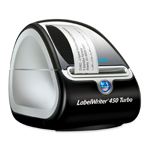 Labels & Labeling Systems
Labels & Labeling Systems Mailing & Shipping
Mailing & Shipping Forms, Recordkeeping
Forms, Recordkeeping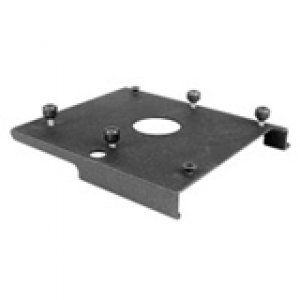 Mounting Kits
Mounting Kits Binders & Accessories
Binders & Accessories General Supplies
General Supplies Classroom Materials
Classroom Materials Breakroom Supplies
Breakroom Supplies Writing & Correction
Writing & Correction Paper Cutters
Paper Cutters Calculators
Calculators Laminating Machines
Laminating Machines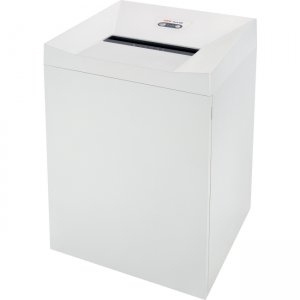 Shredders
Shredders Shredders Accessories
Shredders Accessories Fitness & Exercise
Fitness & Exercise Furniture Collection
Furniture Collection Lighting
Lighting Panel Systems & Components
Panel Systems & Components Room Accessories
Room Accessories Tables
Tables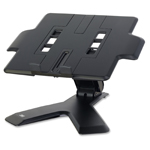 Cabinets, Racks & Shelves
Cabinets, Racks & Shelves Carts & Stands
Carts & Stands Casters
Casters Chairs & Sofas
Chairs & Sofas Desks & Workstations
Desks & Workstations Furniture Accessories
Furniture Accessories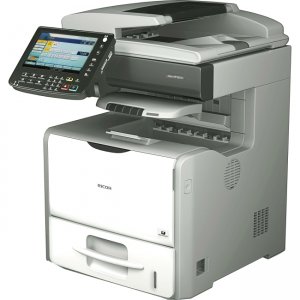 Multifunction Printers
Multifunction Printers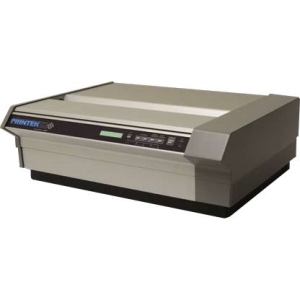 Dot Matrix Printers
Dot Matrix Printers Inkjet Printers
Inkjet Printers Label Printers
Label Printers 3D Printer Cartridges
3D Printer Cartridges Ink/Toner Cartridges
Ink/Toner Cartridges Imaging Units / Developer Units
Imaging Units / Developer Units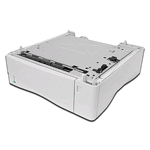 Paper Trays and Feeders
Paper Trays and Feeders Printer Accessories
Printer Accessories Printing Drum Units Kits
Printing Drum Units Kits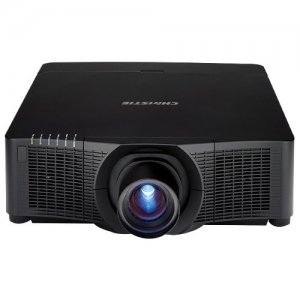 LCD Projectors
LCD Projectors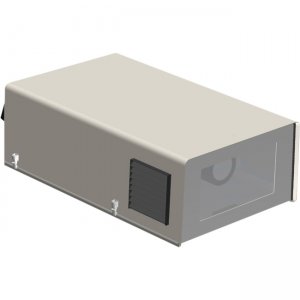 Projector Accessories
Projector Accessories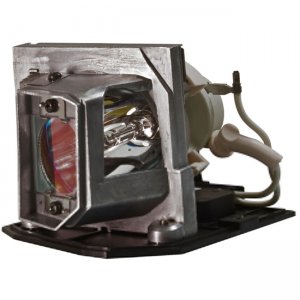 Projector Replacement Lamps
Projector Replacement Lamps Projection Screens
Projection Screens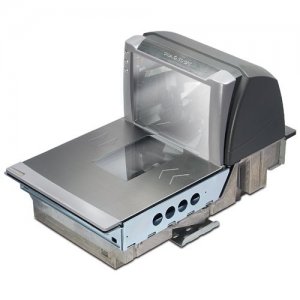 Barcode Scanners
Barcode Scanners Scanner Accessories
Scanner Accessories Card Scanners
Card Scanners Digital Signage Systems
Digital Signage Systems Document Cameras
Document Cameras Electronic Writing Boards
Electronic Writing Boards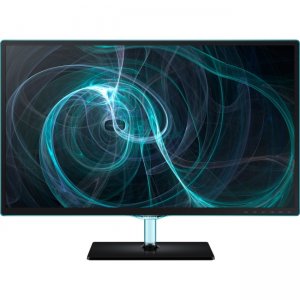 Monitors
Monitors Screen and Filters
Screen and Filters Touch Screen Monitors
Touch Screen Monitors TV / Monitor Accessories
TV / Monitor Accessories Monitor Arms / Stands & Risers
Monitor Arms / Stands & Risers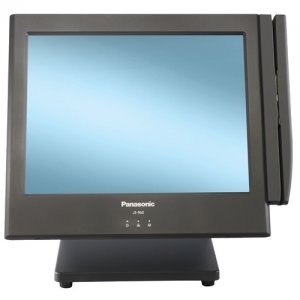 POS Terminals
POS Terminals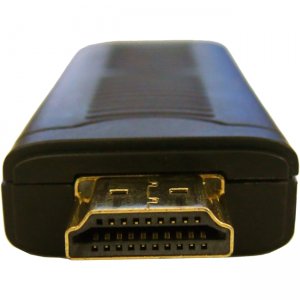 Single Board Computers
Single Board Computers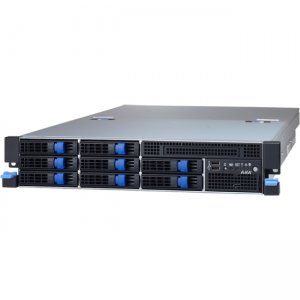 Barebone Computers
Barebone Computers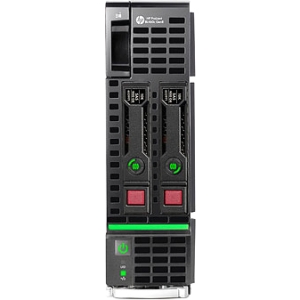 Servers
Servers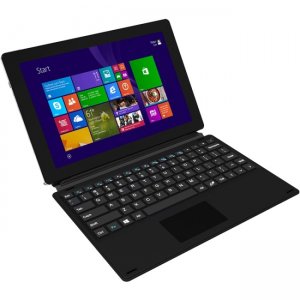 Tablet PC's
Tablet PC's Docking Stations
Docking Stations Pointing Sticks
Pointing Sticks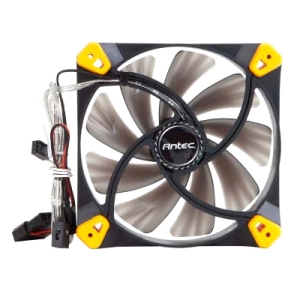 System Cooling Fans
System Cooling Fans Magnetic Strip Readers
Magnetic Strip Readers Pens & Stylus
Pens & Stylus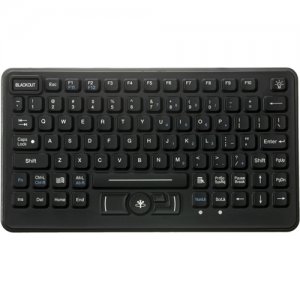 Keyboards / Keypads
Keyboards / Keypads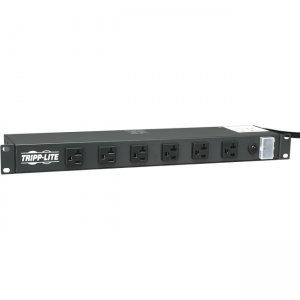 Power Strips
Power Strips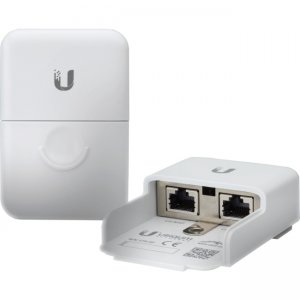 Surge Suppressors
Surge Suppressors Cable Locks
Cable Locks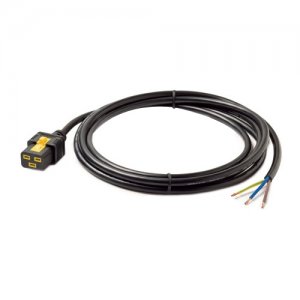 Power Cords
Power Cords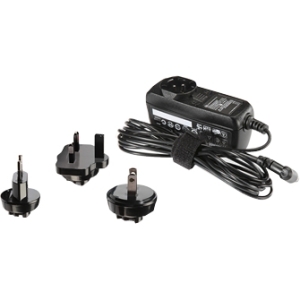 Power Accessories
Power Accessories Gaming
Gaming Gaming Accessories
Gaming Accessories Camcorders
Camcorders Digital Cameras
Digital Cameras Webcams
Webcams IP Phones
IP Phones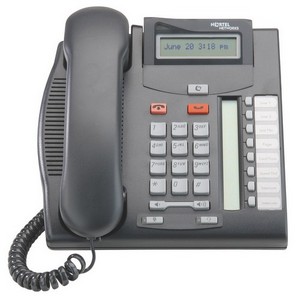 Analog & Digital Phones
Analog & Digital Phones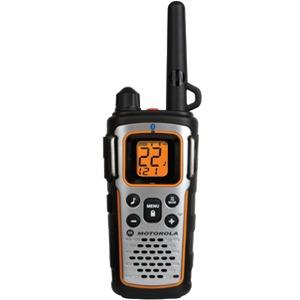 Walkie Talkies
Walkie Talkies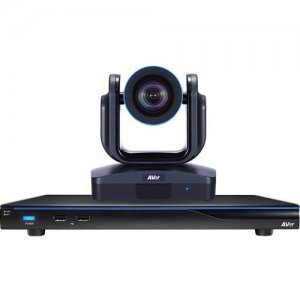 Video Conferencing
Video Conferencing Optical Media
Optical Media Headsets / Earsets
Headsets / Earsets Headphones
Headphones Audio Video Cleaning Kits
Audio Video Cleaning Kits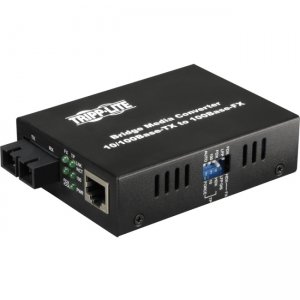 Transceivers / Media Converters
Transceivers / Media Converters Antennas
Antennas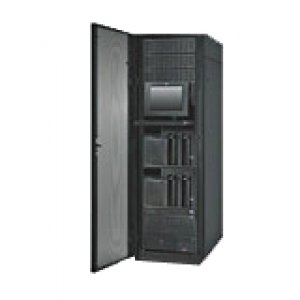 Network Accessories
Network Accessories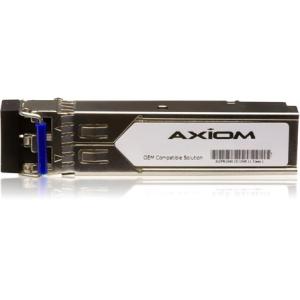 Modules
Modules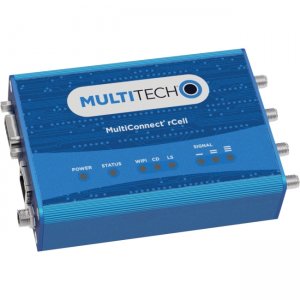 Wireless Routers
Wireless Routers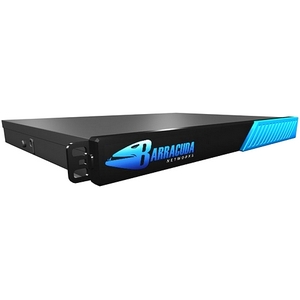 Network Security
Network Security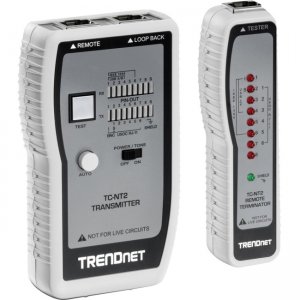 Network Test Tools
Network Test Tools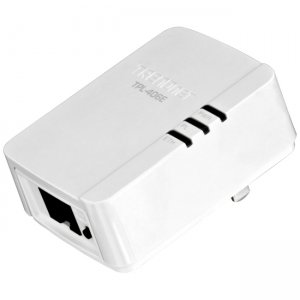 Powerline Network Adapters
Powerline Network Adapters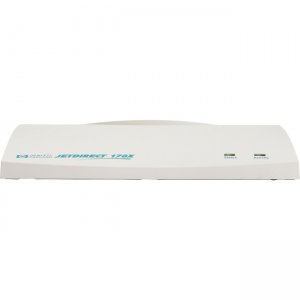 Print Servers
Print Servers Tool Kits
Tool Kits Tools
Tools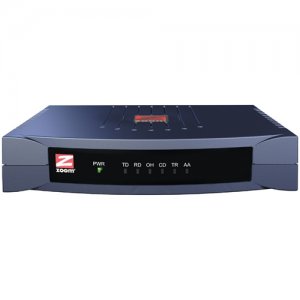 Cable / DSL / ADSk / Radio Modems
Cable / DSL / ADSk / Radio Modems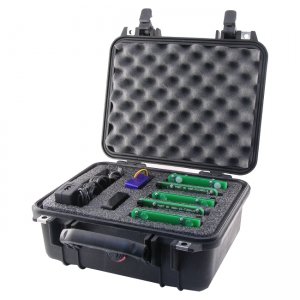 Card Adapters
Card Adapters Memory Card Cases
Memory Card Cases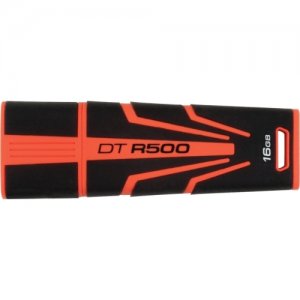 Flash Drives
Flash Drives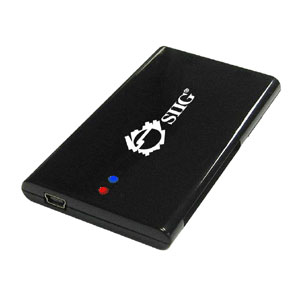 FlashCard Readers
FlashCard Readers Smart Card Readers
Smart Card Readers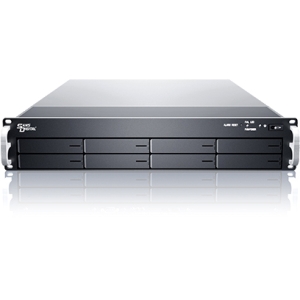 Storage Arrays
Storage Arrays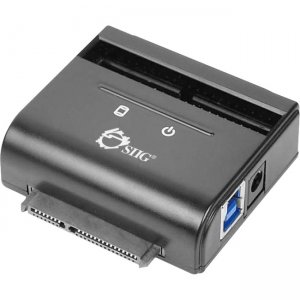 Storage / Hard Drive Accessories
Storage / Hard Drive Accessories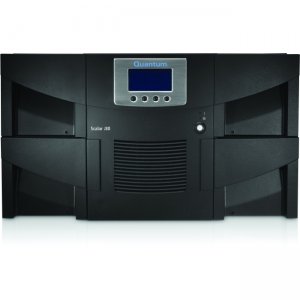 Tape Autoloaders
Tape Autoloaders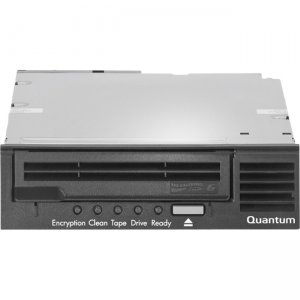 Tape Drives
Tape Drives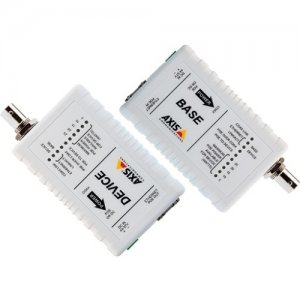 Cable Extenders
Cable Extenders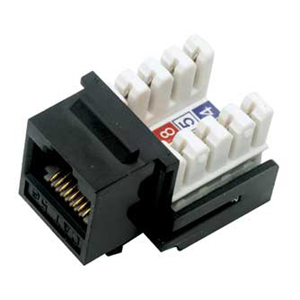 Connectors
Connectors Connector Adapters
Connector Adapters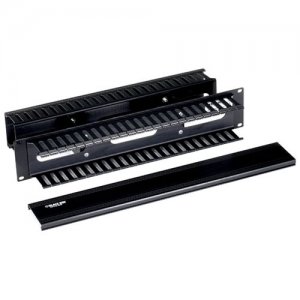 Cable Management
Cable Management